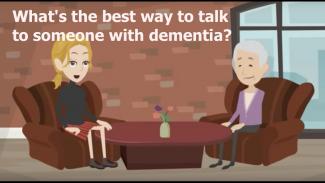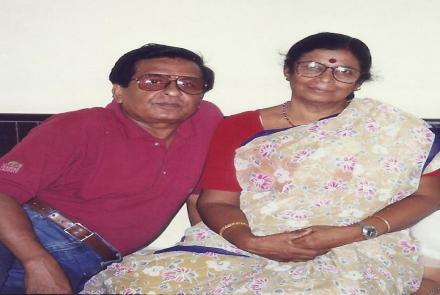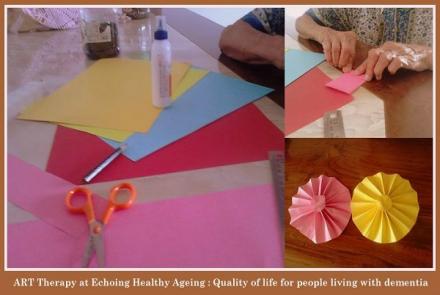Dr (Prof) Nandi, 83 is a full time caregiver for his wife, Dr Gita Nandi, who has been diagnosed with Alzheimer’s. He shares his experience of a caregiver in this personal account.
My wife is a doctor herself and she has been suffering from Alzheimer’s for the last six and a half years. The first symptoms were that she started having breathing trouble. I admitted her to the Railway Hospital. She used to be a senior doctor with the Railways and we also used to live in the Railway quarters in…

Communicating with a person with dementia can be quite a challenge. There are some tips that can definitely help get the attention of the person and not agitate them. Here are some Dos and Don'ts.
| DO's | DON'Ts |
| Approach from the front, make eye contact and introduce yourself if necessary | Don’t wave hand while talking as person’s attention could be distracted |
| Speak slowly, calmly and use a friendly facial expression | Don’t talk too fast or shout. Shouting out could have negative effect as the person would feel threatened. |
| Be patient when talking to the person | Don't interrupt the person while he/she is talking. |
| Use short simple and familiar words. | Don’t use complicated words. |
| Show that you are listening and trying to understand what is being said. | Don’t walk away from the person while talking. |
| Ask one question at a time, and allow time for a reply. | Don’t talk without pausing. The person may find it difficult to follow through long sentences. |
| Make positive suggestions- eg. “Let’s go into garden “ rather than negative one, such as “let’s not go there” | Don’t confront or correct if it can be avoided. Avoid arguing and criticising. |
| Identify each other by name rather than using pronouns (she, he). | Don’t talk about the person as if he/she weren’t there. |
| Empathise and be understanding. Touch or hug if it will help. | Don’t show displeasure when the person could not respond properly to the message. |
| Be sensitive when dealing with the person | Don’t treat the person as a child |
| Use light/ pastel colours as they have a soothing effect. | Don’t use bright colours in the environment. |
Stay tuned next week for - Tips for Bathing, Dressing & Eating !
Condition
















